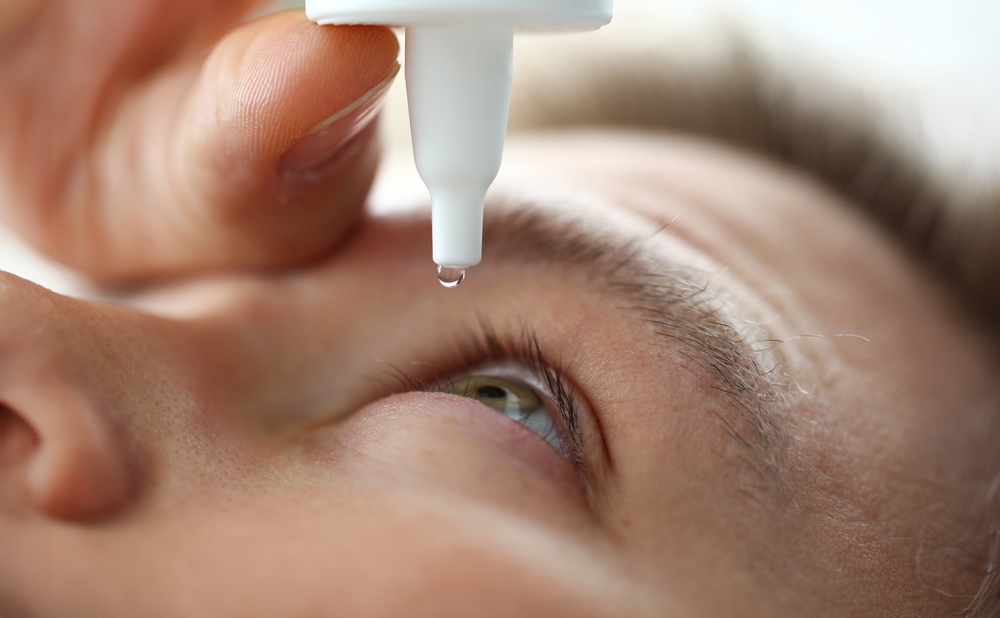
As the seasons change in Virginia, the air shifts as well, bringing a surge of allergens like pollen, grass, and mold. For many residents, especially during the spring and fall, this leads to more than just sneezing and congestion. Allergy symptoms that affect the eyes are equally common and often just as frustrating. Here’s what you need to know and how you can find lasting relief.
What Are Ocular Allergies?
Ocular allergies, also known as allergic conjunctivitis, occur when your eyes react to allergens in the environment - most commonly pollen, grass, dust mites, or mold. These allergens trigger an immune system response that releases histamines, causing inflammation and irritation in the eyes.
Common Eye Allergy Symptoms
If you're dealing with seasonal allergies, you may notice symptoms like:
• Itchy or burning eyes
• Redness or bloodshot eyes
• Watery eyes
• Swollen or puffy eyelids
• Sensitivity to light
• A gritty or foreign body sensation
These symptoms often occur alongside nasal congestion, sneezing, and a scratchy throat, making the entire experience uncomfortable and disruptive to your daily life.
How Allergies Impact Your Vision
While seasonal allergies don't typically cause long-term damage to your eyes, they can affect your vision temporarily. Constant rubbing can irritate the eye surface, leading to blurry vision or even exacerbating existing eye conditions like dry eye or contact lens discomfort. For contact lens wearers, allergens can build up on lenses and make symptoms worse.
Tips to Reduce Eye Allergy Symptoms
Try these simple strategies to manage and minimize symptoms:
• Stay indoors during peak pollen hours: Pollen counts tend to be highest in the early morning and on windy days.
• Use air purifiers and keep windows closed: This helps reduce indoor allergens like pollen and dust.
• Wear sunglasses outdoors: Sunglasses can act as a barrier to help block airborne allergens from getting into your eyes.
• Avoid rubbing your eyes: Although it’s tempting, rubbing can worsen irritation and inflammation.
• Use preservative-free artificial tears: These can help rinse away allergens and soothe irritated eyes.
• Switch to daily disposable contact lenses: If you wear contacts, switching to dailies can minimize allergen buildup.
When to See Your Doctor
If your symptoms persist despite using over the counter remedies or if you experience pain, severe redness, or changes in vision, it is time to see our optometrist. Chronic or untreated eye allergies can lead to complications like infections or corneal damage. Your doctor can determine whether allergies are the true cause of your symptoms and recommend tailored treatments such as prescription eye drops or antihistamines.
Take Control of Your Eye Allergies at Family Vision Care of Richmond
Seasonal allergies can significantly affect your eye health and comfort. Fortunately, with the right preventive measures and professional care, you can enjoy the season with clearer, more comfortable vision.
If allergies are affecting your eyes, schedule a consultation with Family Vision Care of Richmond to get personalized relief and protect your long-term vision health. Visit our office in Glen Allen Innsbrook or Ashland, Virginia, or call (804) 217-9883 (Innsbrook) or (804) 798-3306 (Ashland) to book an appointment today.






